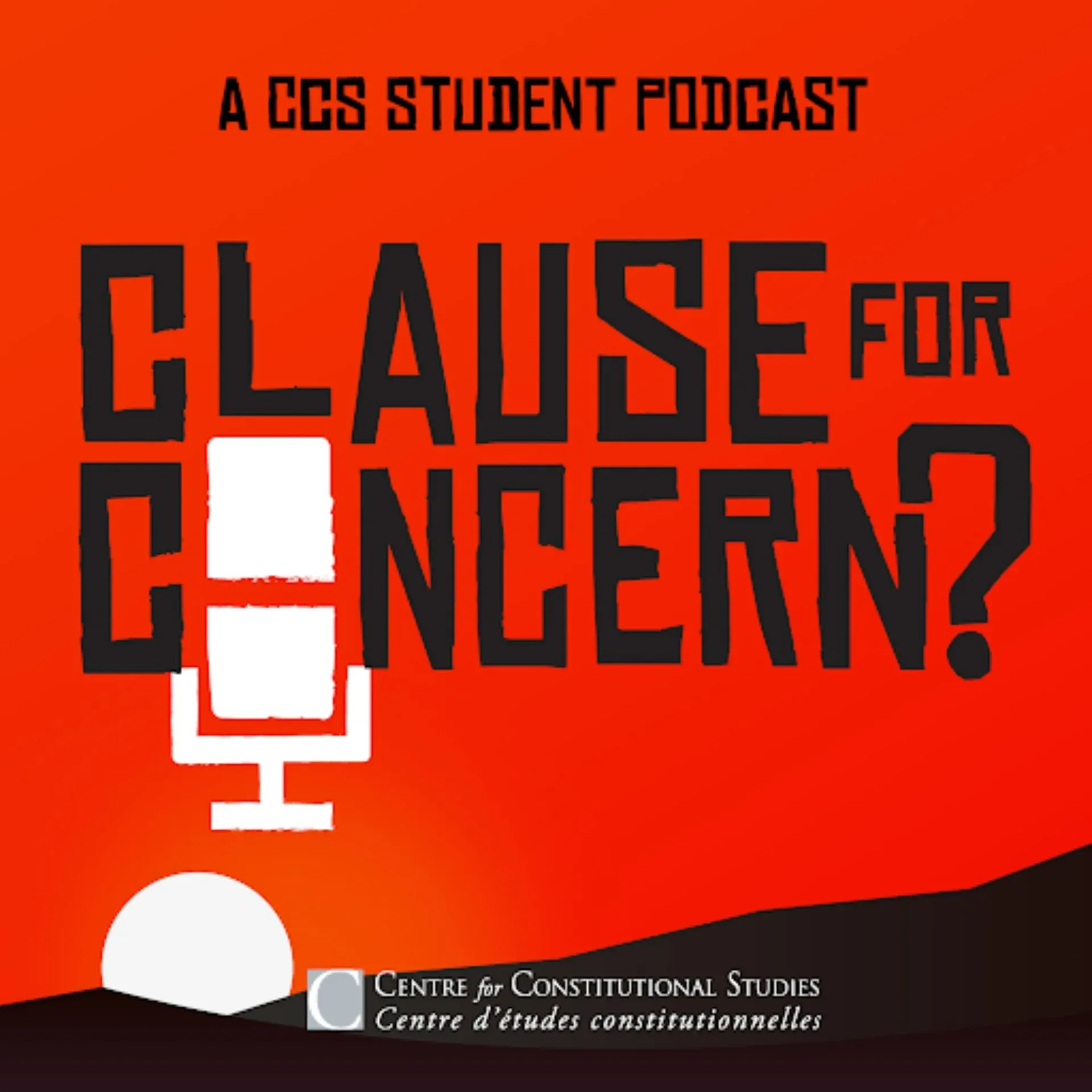Among the many provisions of the Canadian Charter of Rights and Freedoms, none has divided opinion more than the notwithstanding clause, a provision that allows governments to enact laws "notwithstanding" their impact on key rights. After a long period of relative dormancy, the clause has experienced something of a resurgence since 2018, with a crop of notable uses coming out of Ontario, Quebec, and Saskatchewan. For some, this increase in usage is less about governments opting to violate rights and more about their reasonable disagreement with the courts over whether specific limits on rights are legally justifiable. For others, though, the idea of governments self-assessing Charter compliance, however reasonable their opinions, undermines the core of the Charter project -- especially the idea that government will be subjected to independent oversight where fundamental rights are at stake.
In the midst of this controversy, which is now the subject of multiple court challenges, this podcast addresses some of the many questions and debates surrounding the notwithstanding clause. Spanning four episodes, the series tells the story of how the clause came into being, how it's recently been brought back into play by provincial governments, and how its use is being challenged in the courts. It also offers a snapshot of some of the key debates taking place among constitutional lawyers and scholars over the proper place of section 33 in our constitutional order, and over the possibility that there are as-yet-unrecognized legal limits on its use.
The series was created and produced by Saloni Sharma (host and interviewer), Krystin Hoffart, and Laura McKenzie, with support from the Centre for Constitutional Studies at the University of Alberta's Faculty of Law. Additional credit to Mike Contos (editing/production), Kira Davidson (editing), and Richard Mailey (music).



